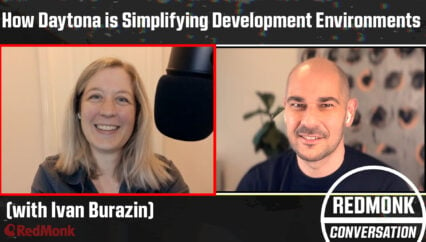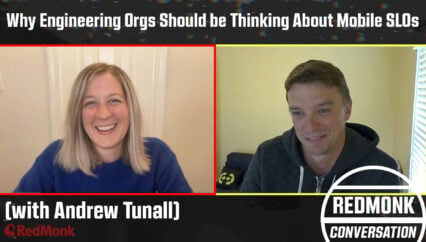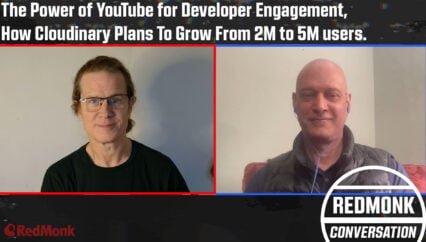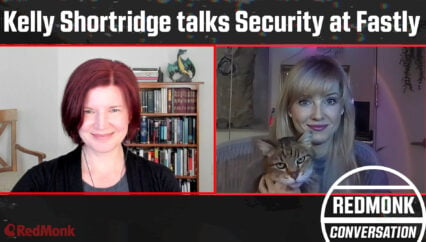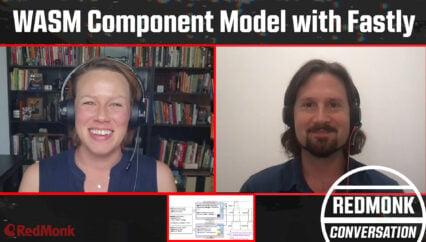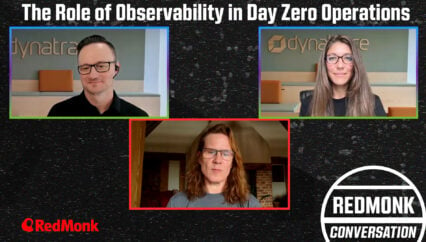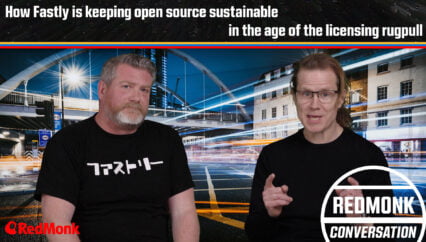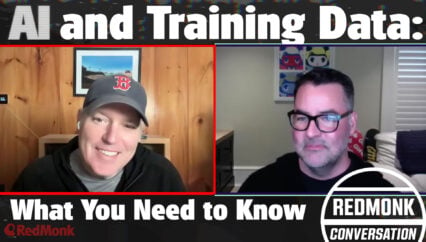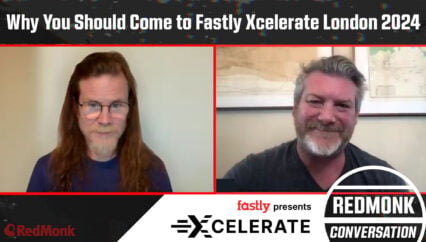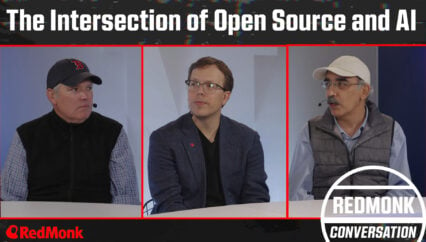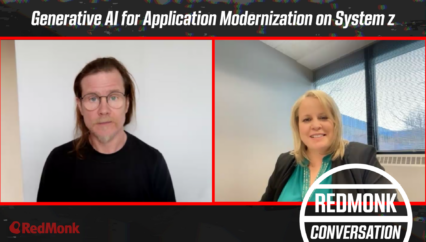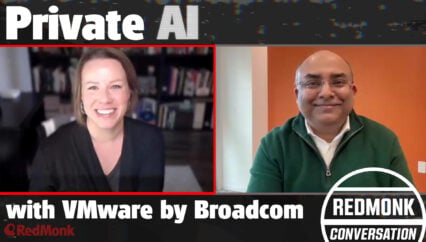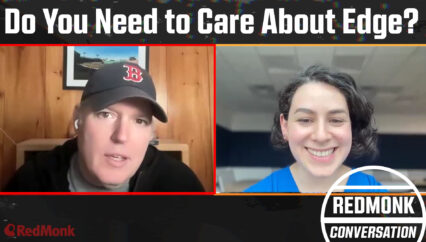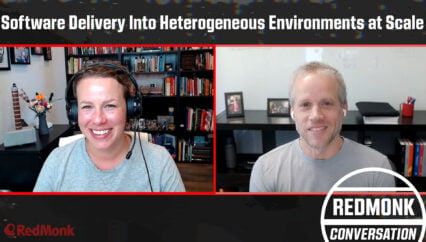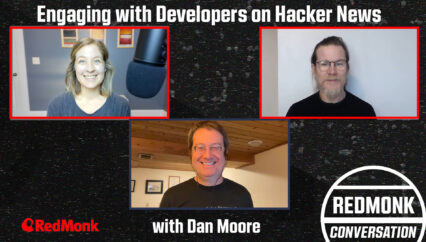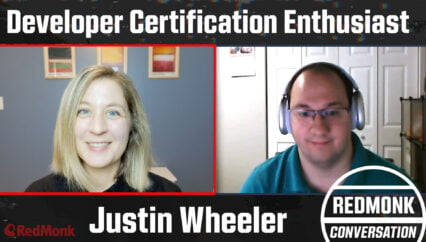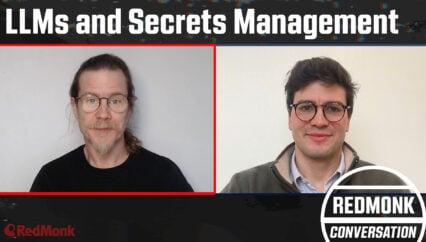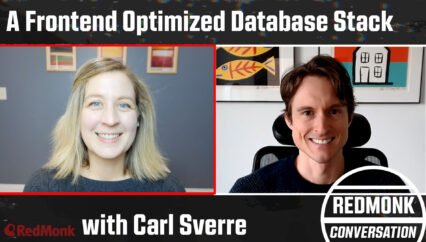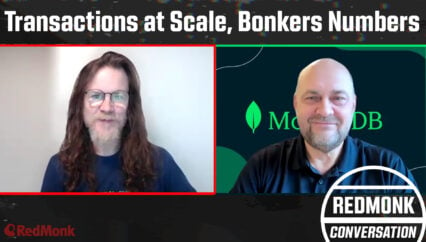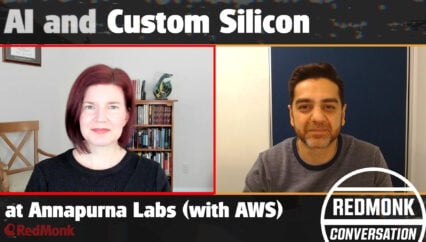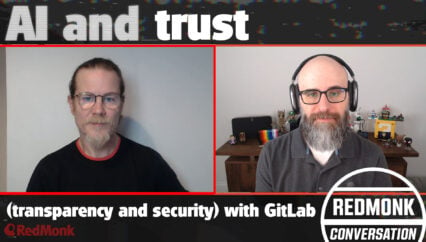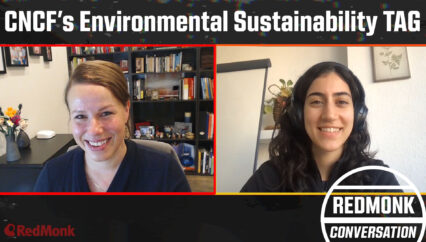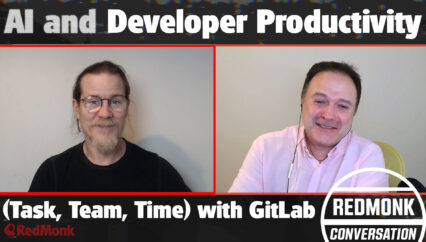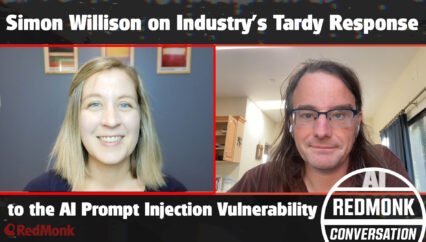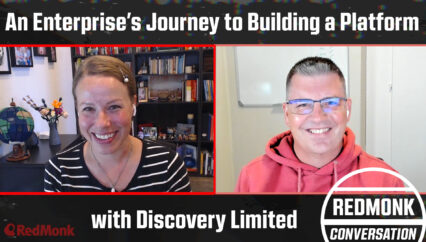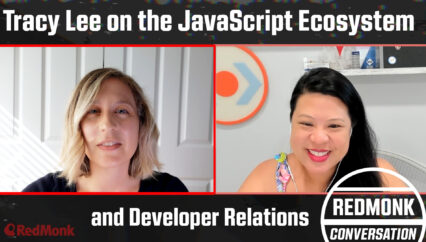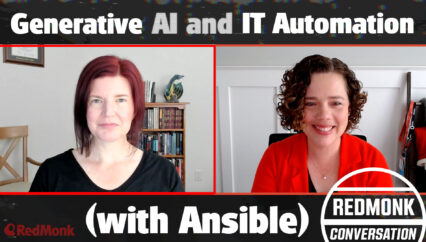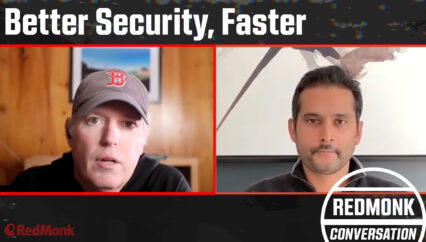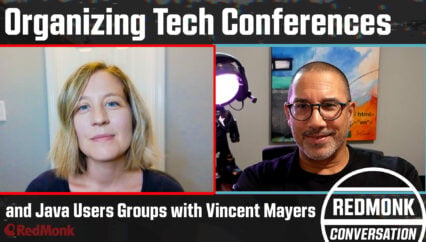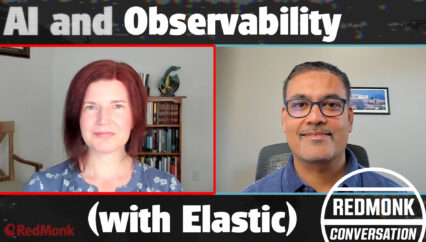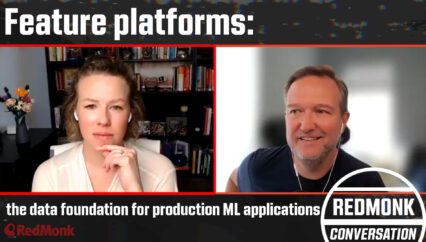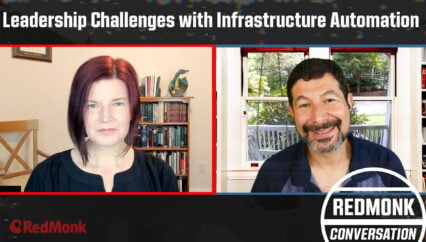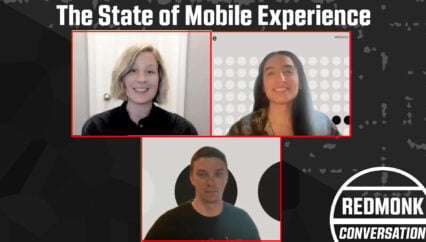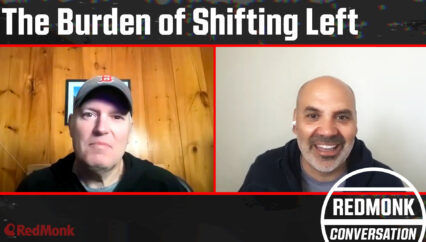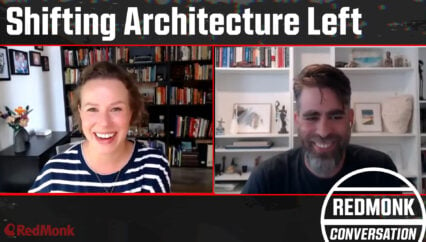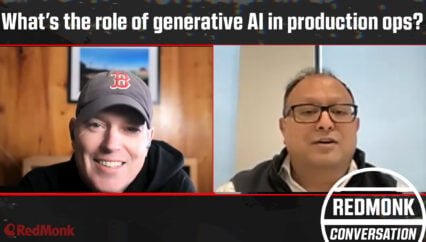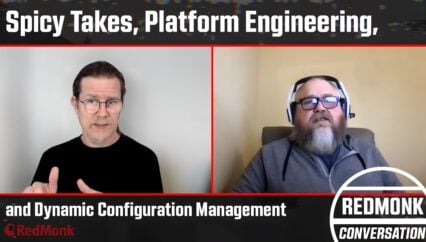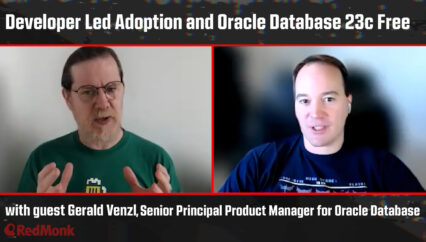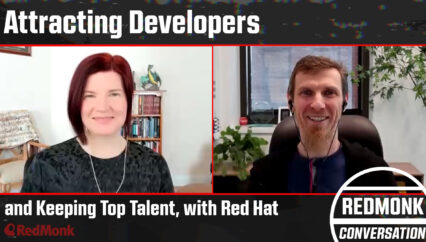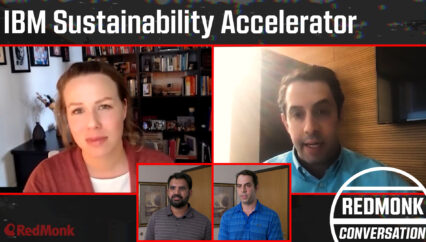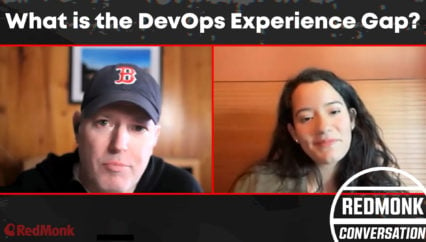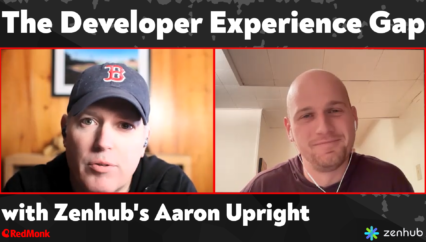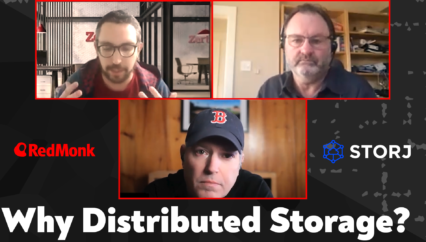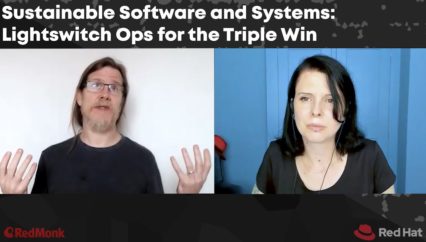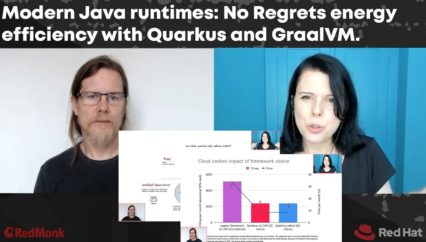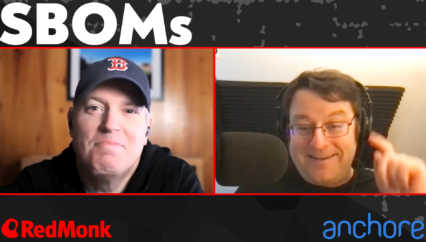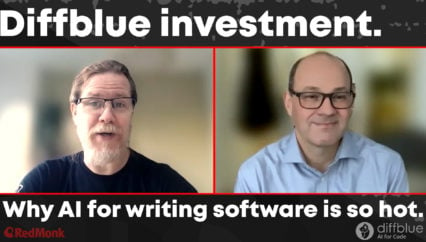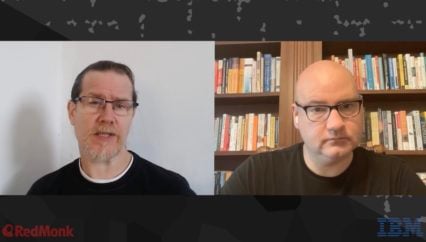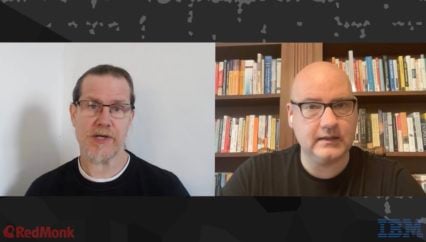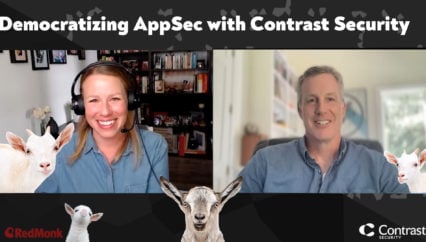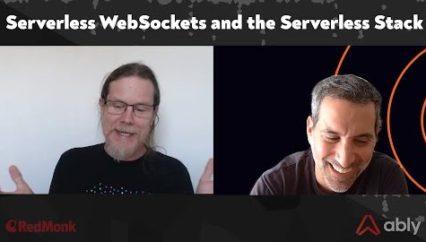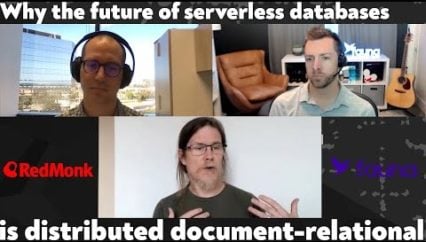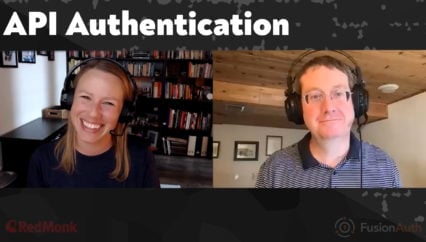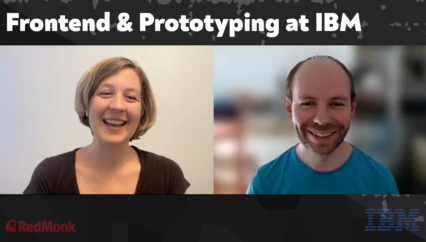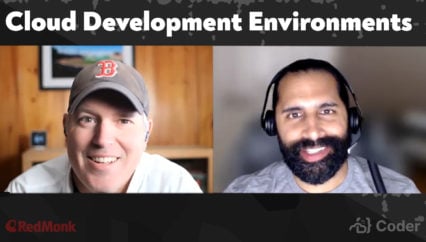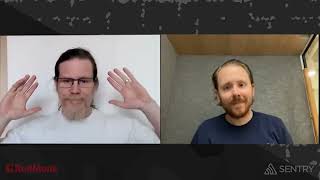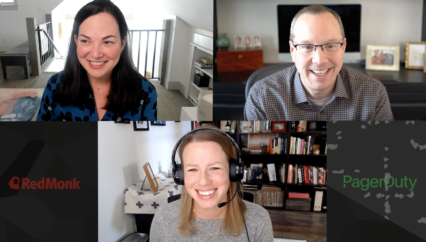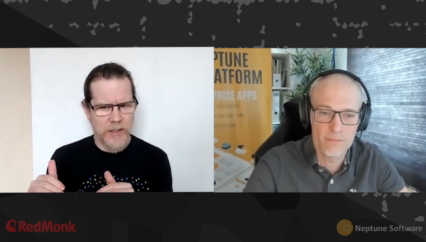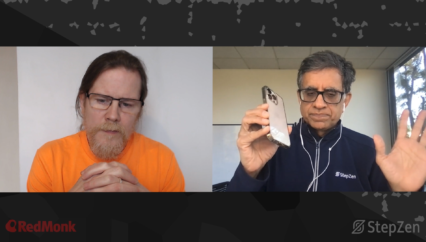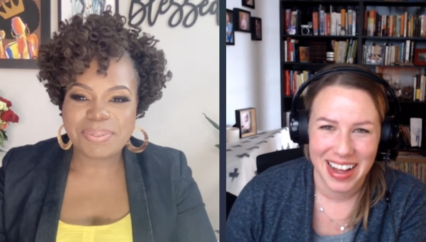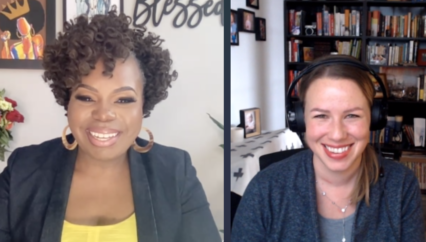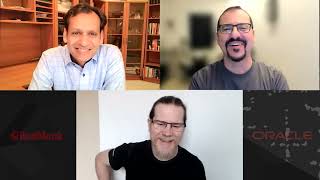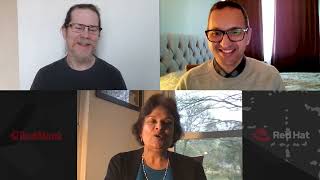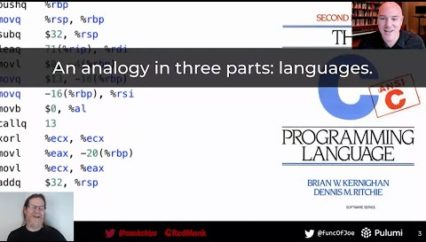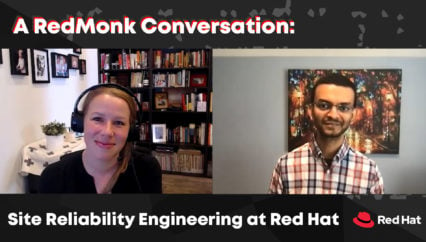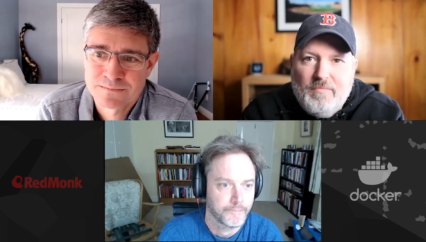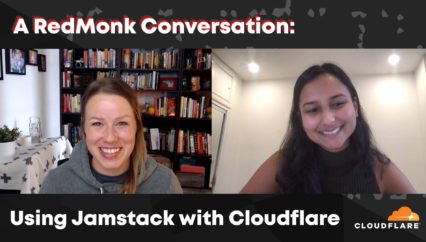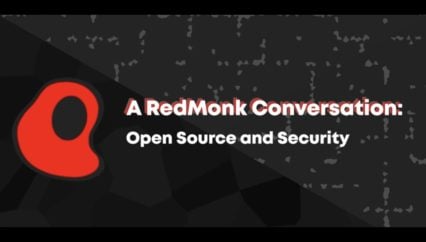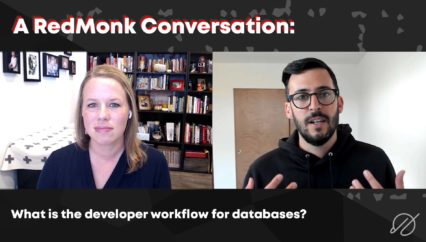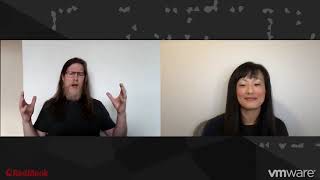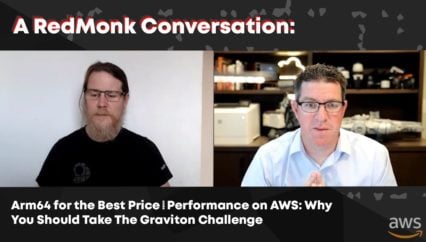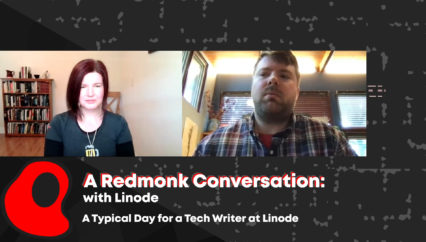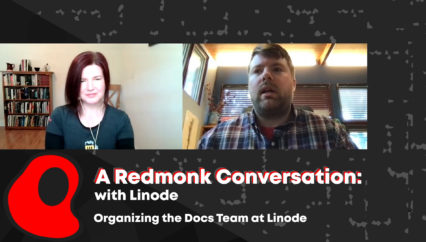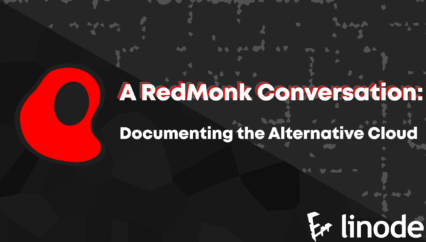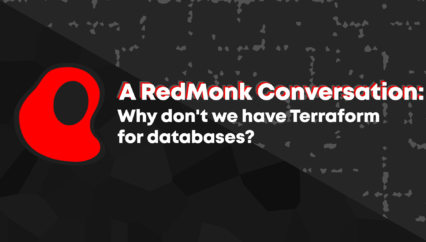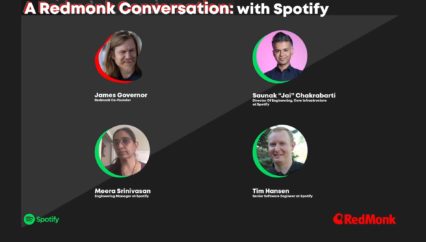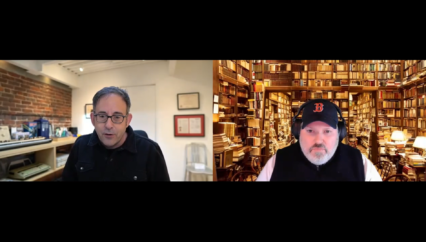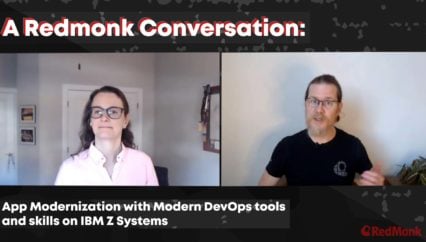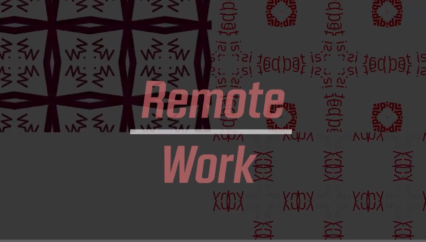Summary
KellyAnn Fitzpatrick of RedMonk and Andy Stevens (Technical Content Manager, Linode) talk tips for hiring technical writers and (conversely) for finding a job in a tech writing/tech comm field.
Transcript
Kelly: Going back to the idea of building docs teams, it seems to me, and I could, this could just be my point of view, that a lot of people are hiring tech writers and technical communication experts and looking to improve their documentation these days, just based on the jobs posting from, say, like Write the Docs alone. Do you have any tips for folks who are looking to hire strong technical writers? And conversely, any kind of tips for people who are looking to get into that kind of tech writing field and find a job doing it?
Andy: Sure. So I think if you’re looking to hire a technical writer, I think one of the biggest challenges is finding someone who brings something more than just writing proficiency to the job. There are a lot of candidates out there that went to college, can string sentences together and do a good job. But you’re looking for someone who’s going to bring like an X Factor. So if you’re publishing very particular documentation, you want to look at the references kind of like if you’re coming from a SaaS background and need to hire someone for that, you’re looking at the ancillary kind of things that could benefit the role. So maybe the person has only been writing technical documentation on casino slot machines, but they have a lot of experience on the software administrative side of those slot machines. Maybe they’re going to be a good fit even if they don’t have that particular type of technical documentation in their kind of resume or something like that. Or people who have done stuff on a hobbyist level. And perhaps you have to kind of coax that out of the resume or out of the interview. But they could be completely qualified. They just never had that job before. So I think it’s important to look beyond the resume and kind of put those pieces together.
On the other end of things, when you’re looking to apply for these jobs, it’s important to do the thing that you want to get hired for. I get a lot of people who send me chapters from books or blog posts or things like that, and they’re all good because that allows me to kind of see their personality and their hobbies and things like that and how they might, how team configuration might look like. But, writing a chapter of a mystery novel does not always correlate to being able to write good technical documentation. So it’s a good practice, you know, pick your favorite piece of software or a project you found on GitHub, or maybe there’s this tricky, tricky networking thing that you figured out and maybe you could write about it. Spend a weekend, write a guide, really nail it and make sure that’s on the writing sample, on the resume. You want to have proved to the person hiring that you can do the job.
The other kind of advice I would say to someone who’s looking to get a job in technical writing would be to make sure that the resume is, all points are pointing to the fact that you’re going to make a good candidate. There’s a lot of acronym soup, especially when people have certifications and degrees and things like that. Spend time writing a sentence or two. Just saying this experience I’ve had is valuable to you. And here’s why I think my skills that I’ve earned in this experience are going to make me a good candidate. A lot of times you have just that bullet list and a resume that doesn’t speak to the greater summation of all the parts. And when I find resumes that do that, it’s much easier for me to say. “I think I think this candidate would be a good person, a good fit.”
Kelly: It’s about the storytelling and not just the bullet points on the resume.
Andy: Yeah, yeah, I mean, that stuff can be interpreted, but especially for someone who’s coming from a different, like as a career switch or something like that, it makes it all that much more easy for the person reviewing the resume.
Kelly: Yeah. And I love your advice about “go create a guide.” The good news is there are so many open source projects out there that are looking for help with documentation. So there’s, and some of them are a little more welcoming to new people than others. But if you find the ones that are and are very vocal about being welcoming, it’s like there’s work to be done. And if you want to show that you can do the work, that could be a good match.
Related videos
- Documenting the Alternative Cloud
- Organizing the Docs Team at Linode
- A Typical Day for a Tech Writer at Linode
Disclosure: Linode is a RedMonk client; however, this video is an independent piece of work produced by RedMonk.
